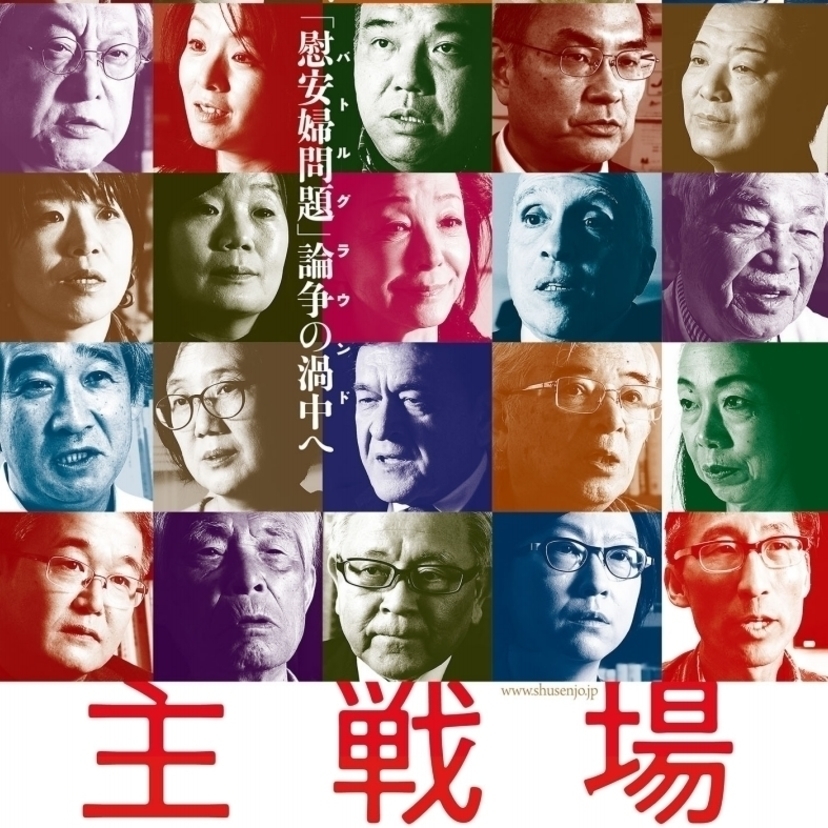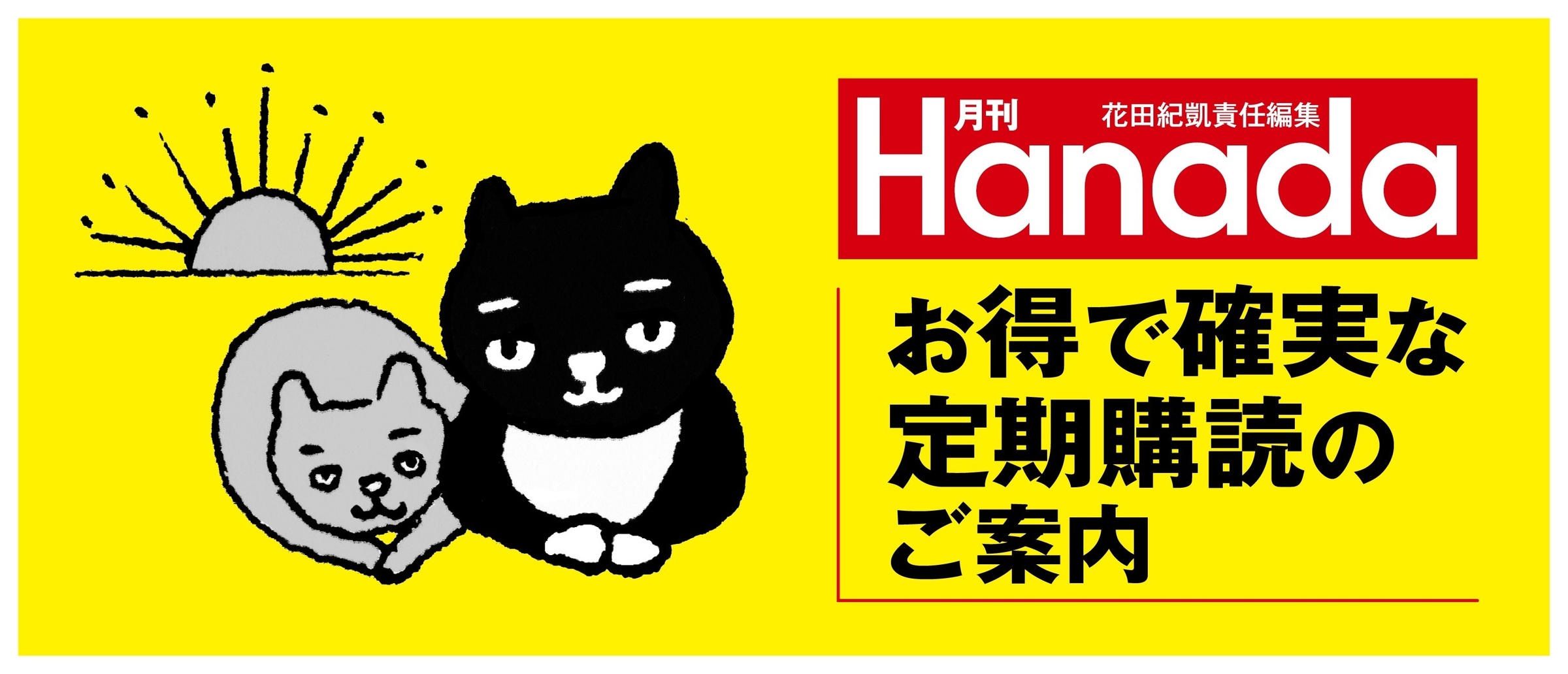Later I noticed that Takashi Uemura, a former Asahi Shimbun reporter, was also attacked, just like me. It was because of his articles about the comfort women issue. So I became interested in the issue.
I felt Uemura and I were alike. We were both forced to shut our mouths.
I am an American. So when I see someone is speaking and another begins to interrupt, I will say 'No' to the latter immediately. When someone is making an accusation, there must be others behind who are minorities and are suffering. If the accusation is interrupted, their suffering would be doubled.
The interviews were recorded at Sophia University, which proudly displayed the poster of The Main Battleground of the Comfort Women Issue at its Institute of Global Concern. Nakano Koichi, a member of the institute who was once its chief, appeared in the film.
The philosophical environment of the institute can be understood readily by visiting its homepage. Clicking the links of recommended media would lead to publications such as Sekai (The World) by Iwanami Shoten, The Shukan Kinyobi (Weekly Friday), The Jimmin Shimbun (The People's Newspaper – which insisted that the Imperial family be abolished), and so on.
Dezaki was in that environment and had relations with those kinds of people. Hence it should have been no surprise that his film, The Main Battleground of the Comfort Women Issue, was very biased.
Victims of Dezaki's Deceit
In the film, Dezaki narrates, "To my surprise, although I had developed an anti-Japan image, many conservative speakers welcomed my request for interviews."
According to his Asahi Family News interview, Dezaki seemed to think he was welcomed partly because he was a Japanese American.



